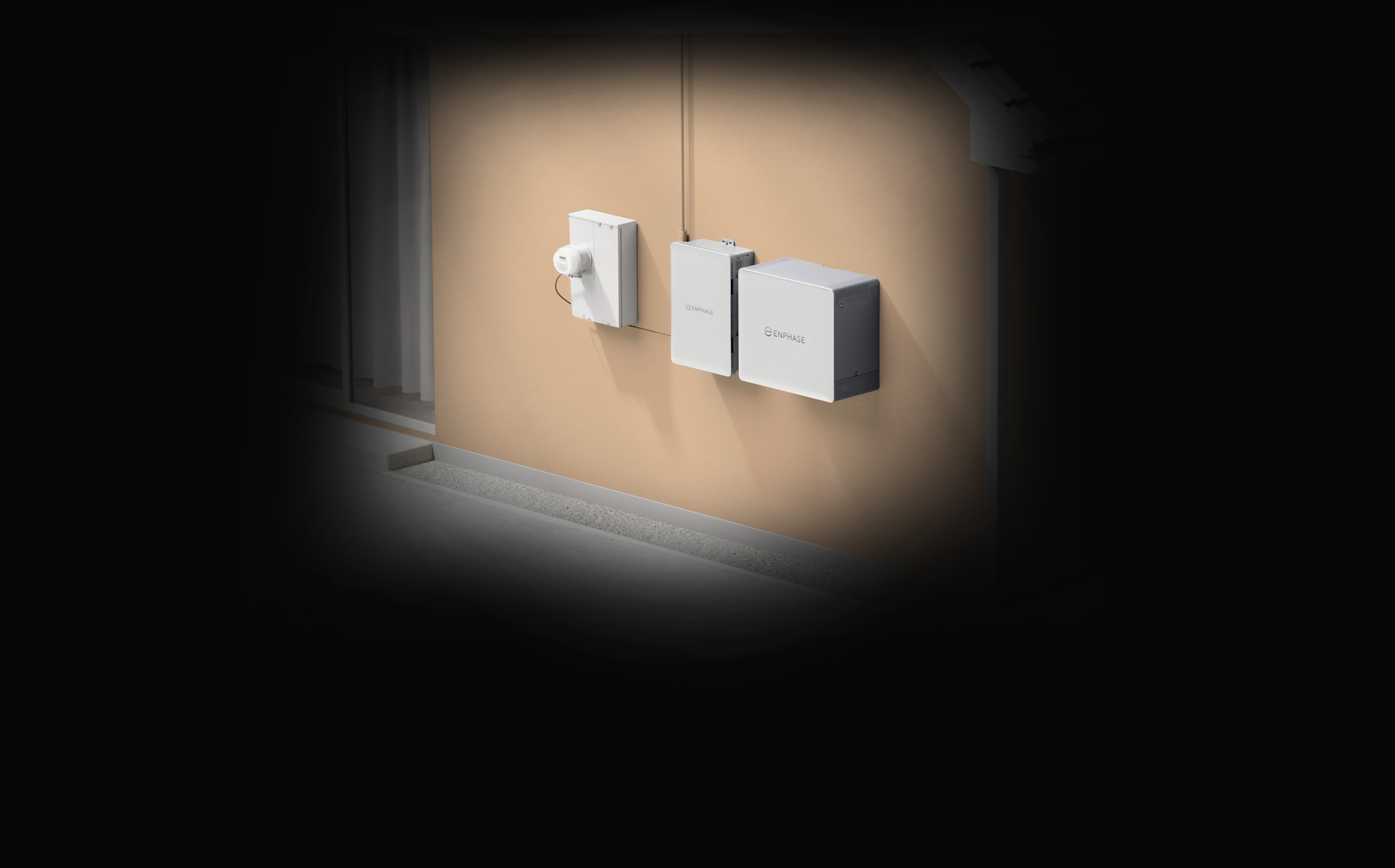
Our Vision
Imagine a home or business where solar panels capture energy, intelligent batteries store and manage electricity, and your entire property becomes a smart, responsive energy environment. We're making that vision a reality.

Unmatched Experience
The SunPower name represents decades of solar innovation.

Premium Quality
High-efficiency solar panels tested for durability.

Custom Solutions
Solar + storage systems tailored to your home or business’s unique needs.

Seamless Process
Expert support from consultation to installation.

25-Year Manufacturer Warranty
Industry-leading warranties and guarantees for peace of mind.

Smart Energy Ecosystem
Enabling an intelligent, sustainable energy future for your home.

Save by Going Solar
Recap: SunPower Q2 Business Update
Webcast by: T.J. Rodgers
Meet Our Visionary

Leading the Future of Solar
Embark on SunPower’s Clean Energy Future

How do Solar Panels Actually Work?

Solar Panels for Tile Roofs

6 Reasons to Add Battery Storage
Frequently Asked Questions
The SunPower Corporation Bankruptcy and What You Need to Know
We understand many customers have questions about the SunPower Corporation bankruptcy and what it means for them, their solar panel systems, and the future.
SunPower Corporation filed for bankruptcy on August 5, 2024 and began the process of selling its assets. Complete Solar purchased some of those assets in a transaction that closed on September 30, 2024, including certain assets related to the Blue Raven Solar division, the New Homes division, and the Non-Installing Dealer division, and the “SunPower” brand and related trademarks and other intellectual property.
We are proud to announce that Complete Solar is now SunPower!
This integration unites the strengths and expertise of these organizations, creating a more innovative, comprehensive solar energy provider. Together, as we transition, we will be positioned to deliver better solutions, expanded expertise, and unparallelled value to our customers.
We are committed to providing the high-quality service and support you expect. If you need further assistance with your system, reach out to one of the following:
New Homes: (877) 344-6637
Blue Raven Solar: (800) 377-4480
Complete Solar: (877) 299-4943










